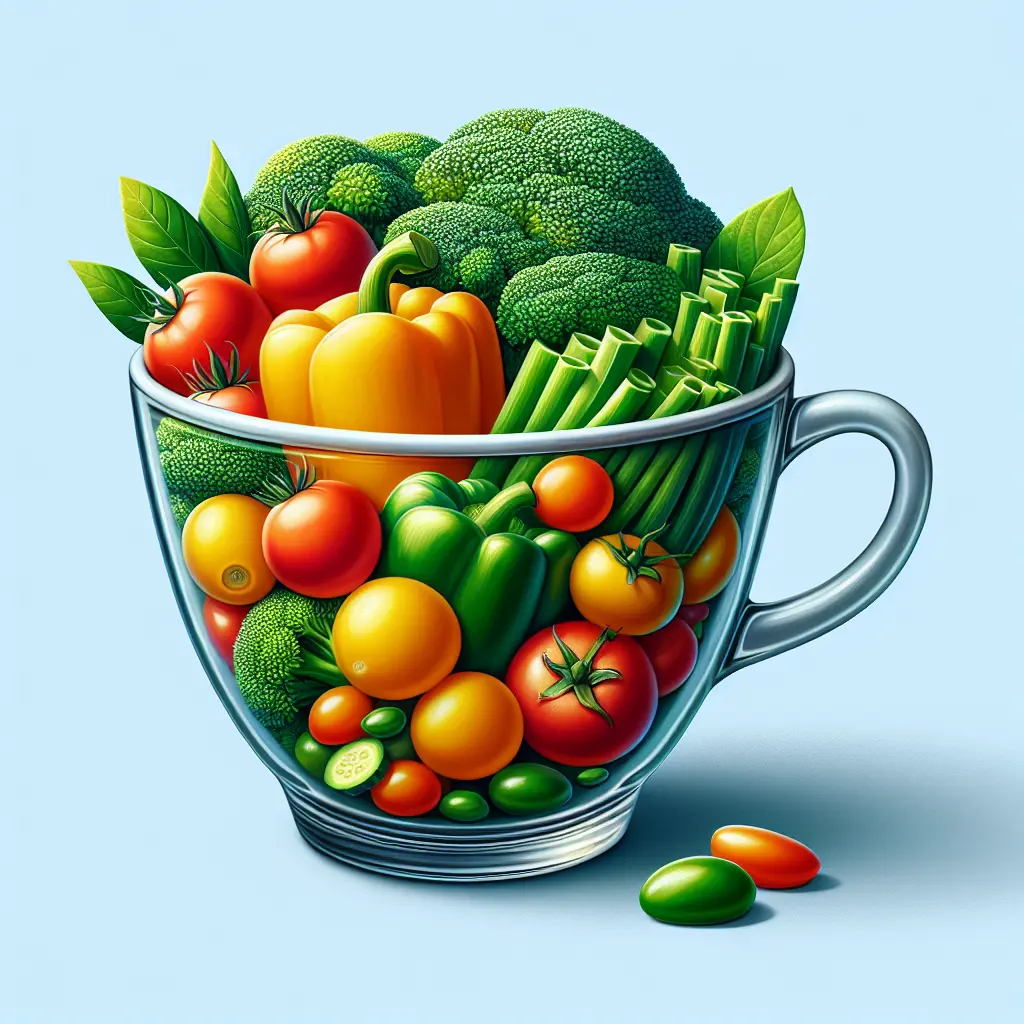Veggies: A Cornerstone of Good Health
Veggies, the vibrant and diverse group of plant foods, hold a pivotal role in maintaining a balanced and nutritious diet. They are an abundant source of essential vitamins, minerals, antioxidants, and fiber, all of which are vital for optimal bodily functions and overall well-being.
With a remarkably low calorie count, veggies are a guilt-free indulgence that promotes satiety without contributing to weight gain. Their high fiber content aids in digestion, regulates blood sugar levels, and assists in maintaining a healthy weight. Additionally, veggies are brimming with antioxidants, natural compounds that combat harmful free radicals, reducing the risk of chronic diseases like heart disease and cancer.
Nutritional Profile of Veggies
Veggies come in a vast array of colors, shapes, and sizes, each offering a unique nutritional profile. However, they share certain common nutritional characteristics:
-
Low in Calories: Veggies are predominantly composed of water, making them a low-calorie food group. This attribute allows for generous consumption without calorie concerns.
-
High in Fiber: The fiber content in veggies contributes to satiety, supports digestive health, and helps regulate blood sugar levels.
-
Abundant in Vitamins and Minerals: Veggies provide an array of essential vitamins and minerals, including vitamin A, vitamin C, potassium, and folate, which are crucial for maintaining optimal health and preventing deficiencies.
-
Rich in Antioxidants: Veggies contain a wealth of antioxidants, including beta-carotene, vitamin C, and flavonoids. These compounds neutralize harmful free radicals, protecting cells from damage and reducing the risk of chronic diseases.
Incorporating Veggies into Your Diet
Incorporating veggies into your daily diet is essential for reaping their numerous health benefits. Here are some tips for increasing your veggie intake:
-
Aim for Variety: Consume a wide range of veggies to access a diverse array of nutrients and flavors.
-
Add Veggies to Every Meal: Include veggies in your breakfast, lunch, dinner, and snacks to ensure a consistent intake.
-
Experiment with Different Cooking Methods: Explore various cooking methods, such as steaming, roasting, grilling, and sautéing, to enhance the flavors and textures of veggies.
-
Snack on Veggies: Keep veggie sticks, such as carrots, celery, and cucumbers, on hand for convenient and healthy snacking.
By embracing veggies as a cornerstone of your diet, you can optimize your health, enhance your well-being, and enjoy the vibrant flavors and textures of these nutritional powerhouses.
How many calories are in Veggie?
Each 0.5 cup of Veggie contains 59 calories.
Veggie Nutritional Information
| Nutrient | Amount per 0.5 cup (91g) |
|---|---|
| Calories | 59 Calories |
| Protein | 2.6g |
| Fat | 0.1g |
| Saturated Fat | 0g |
| Cholesterol | 0mg |
| Carbohydrates | 12g |
| Dietary Fiber | 4g |
| Sugar | 2.8g |
| Sodium | 0.032mg |
| Potassium | 0.1538mg |
| Calcium | 0.023mg |
| Iron | 0.0008mg |
